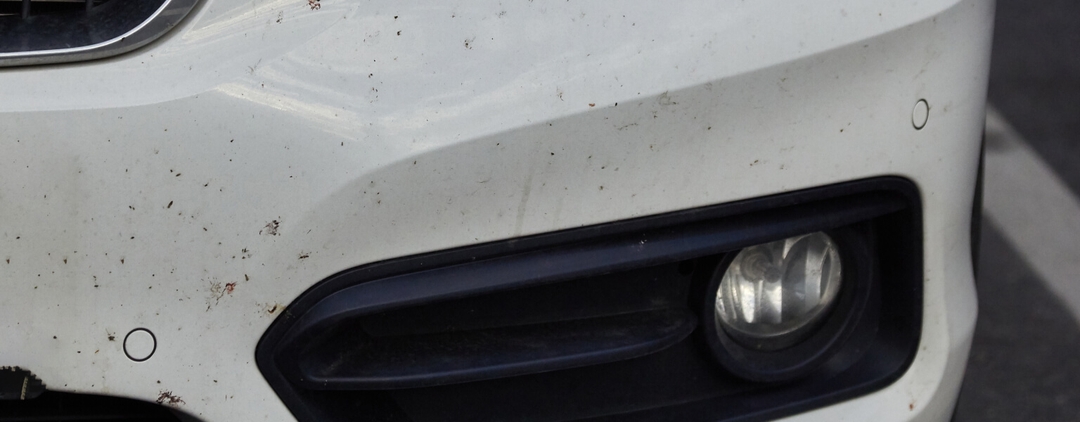Does car insurance cover rust damage?
No, rust is not typically covered by car insurance because rust is usually due to negligence over time rather than an accident or collision. Car insurance is intended to protect against sudden, unexpected damage. Your car insurance might cover scratch repair if you have collision or comprehensive coverage, and your car was in a covered incident. However, letting those scratches turn into rust would be considered negligence or wear and tear.
Explore Progressive Answers' auto editorial guidelines to find out why you can trust the car insurance information you find here.

How much does rust repair cost?
Rust repair costs can range widely from the cost of a few simple supplies up to thousands of dollars for serious damage that needs professional repair work.
Small amounts of rust damage are often easy to repair yourself with sandpaper, car paint and primer, and a few other supplies. However, more serious damage like those caused by penetrating rust can cost thousands, especially if entire parts of the vehicle need replacing and must be welded into place. You'll likely need a professional to do this repair, which drives the cost even higher.
Pro tip:
If you notice a scratch or rusted area on your car, repair it as soon as possible so rust doesn't set in and spread.
What causes rust on vehicles?
Rust is caused by oxidation, a natural process by which metal turns to rust after exposure to oxygen. Rust occurs most commonly after metal is exposed to water and other damaging elements like snow and salt. There are three main types of rust, which get more severe over time:
Surface rust
Surface rust is often found in scratches on your car, and you can easily fix it. Your car insurance may cover scratches if you have comprehensive auto coverage or collision auto coverage and your car was involved in a covered accident.
File a car insurance claim as soon as possible, though, as rust caused by negligence over time won't be covered. That said, minor scratches may not be worth filing a claim for, especially if the repair won't cost more than your collision deductible or comprehensive deductible.
Scale rust
Scale rust is the evolution of surface rust. If you don't remove surface rust, it can eat through a vehicle's paint and surface coating and leave the bare metal underneath exposed. Surface and scale rust are relatively easy fixes.
Penetrating rust
Penetrating rust occurs if you don't address scale rust before it worsens. It eats through the metal of the car and can leave holes or even compromise the structural integrity of the vehicle. It's the most expensive type of rust damage to repair and the most dangerous.
Rain, snow, and salt can eventually cause penetrating rust — especially if you live in an area where the roads get salted or if you live near the ocean. Find out if car insurance covers salt damage and how to prevent it.
Does rust count as damage to a car?
That depends on the context — if you're trying to sell or buy a car, rust counts as damage that can affect a car's value. But for car insurance, rust doesn't always count as damage that's covered. Regardless, you should repair rust spots as soon as possible so they don't get worse and cost you more down the road.
Does car insurance cover frame damage from rust?
No, car insurance doesn't typically cover frame damage that's caused by rust. That's because rust occurs slowly over time due to wear and tear — not from a sudden, unexpected event. Rust damage to your car's frame can be expensive but essential to repair, so consider comparing multiple repair quotes to find the best price.
If your car is old and you might get a new one soon, repairing costly frame damage may not be worth it. But if you plan to keep the car as long as possible or want to get the best price for it when you trade it in, the repairs can be worth it.

Quote car insurance online or give us a call
Learn more about car insurance policies.









